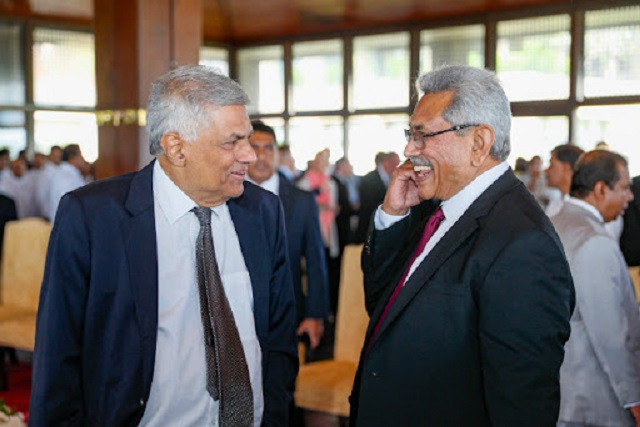COLOMBO, Sri Lanka — The election of Ranil Wickremesinghe as president of Sri Lanka on Wednesday represented the triumph of establishment politics over a social movement calling for wholesale change. The fervent protests cost a family dynasty its seats in government, but so far, not its influence.
Mr. Wickremesinghe, 73, was chosen by lawmakers in Parliament to replace Gotabaya Rajapaksa, who was pushed out of office last week by protesters who blamed him for the country’s economic collapse.
His win, which will allow him to finish out the remaining two years of Mr. Rajapaksa’s term, is a remarkable political comeback for a man whose party just two years ago had failed to secure even one seat in parliamentary elections.
ADVERTISEMENT
Mr. Rajapaksa, whose brother was also once president, left in disgrace, but his handpicked successor was able to rally support within the ruling party — even though ordinary Sri Lankans made their dislike of both men clear. How long Mr. Wickremesinghe will stay in power may come down to the same protest movement that got rid of his predecessor and is vowing that the unrest in Sri Lanka will continue until he goes, too.
With four decades in the Parliament and half a dozen stints as prime minister, Mr. Wickremesinghe brings deep technical understanding of what ails Sri Lanka, officials and diplomats said. He is also a recognized face in international capitals, which can help shore up financial aid. His supporters hope that he can stabilize the country’s crumbling economy.
“Our time of division is over,” he said in an appeal to lawmakers to unite around him. “The country is in a dire state.”
His immediate challenge, along with trying to ensure a steady supply of food and fuel for a suffering population, is to convince the protesters — who see him as an ally and protector of the Rajapaksas — to give him a chance.


Mr. Wickremesinghe has promised to speedily sign an agreement with the International Monetary Fund that could make money available by the end of the year. He pledged to create a “people’s council” — a demand made by protesters — to inform the government’s decision-making as it focuses on economic recovery.
